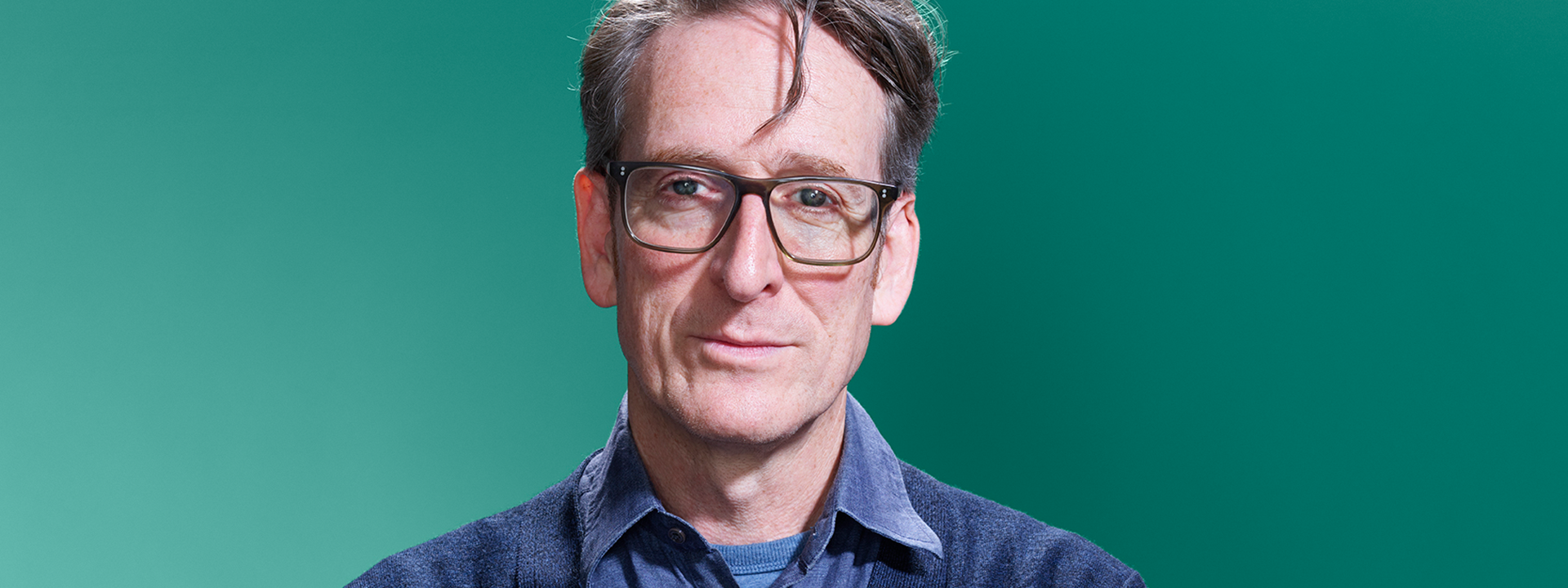Charles Vallance in Campaign ‘Beware The Blandwagon’
news
Agency News
Published by
Charles Vallance
Date
06/11/2023
Greed and fear are often seen as the two driving forces behind capital markets. How bullish are you about the gains to be made, or bearish about the losses?
These two opposing forces make for fantastic drama and fantastic movies from Wall Street, to Wolf of Wall Street to The Big Short, In reality, however, they only tell two-thirds of the story. Because the third force is conformity. Despite being a rather less cinematic ingredient, conformity is a precondition if greed is to build the bubbles that fear then punctures.
The events depicted in The Big Short illustrate this point perfectly. A small group of contrarian investors, led by Michael Burry, see the fundamental flaws and distortions inherent in the US property bubble. These were driven in particular by the securitisation of subprime mortgages.
For dramatic effect, this small group of contrarians are presented as absolute outliers. In fact, many people in financial markets were getting cold feet about subprime, as well as the Yen Carry Trade that fuelled it.
I vividly remember reading article after article in The Times and Financial Times predicting an imminent financial crisis in the months leading up to the crash. Irwin Stelzer, in particular, was uncannily prophetic throughout the spring and summer of 2008.
So why did so few act on these prominent warnings from prominent commentators? The answer comes from John Maynard Keynes, an economist who had a profound grasp of human psychology.
In his General Theory (1936) he makes a startlingly counter-intuitive point; "Worldly wisdom teaches that it is better for reputation to fail conventionally than to succeed unconventionally". In other words, the bankers and brokers who suspected the crunch was coming, failed to act due to inherent conformism. They didn't want to break rank first. They were too orthodox to run the risk of succeeding unconventionally. There were notable exceptions, but the herd instinct largely prevailed.
Why do I say all this? Because I think the same Keynesian principle applies to the world of marketing. We too can be prey to the fear of succeeding unconventionally. Ben Schott has written a brilliant article for Bloomberg titled Welcome to Your Bland New World, which highlights the peculiar tendency of start-up brands to imitate each other. It's a very funny critique of the codes of 'blanding'.
The article was actually written back in 2020, so it is dispiriting to see a growing trend where established brands appear to be getting on the blandwagon, adopting the tropes and codes of blanding; dropping vowels for no apparent reason, acting oxymoronically as VC-backed underdogs, and all looking increasingly similar with muted pastels and voguish typefaces.
In General Theory, Keynes explains how following the herd normally ends in failure, a cycle that continues to repeat itself due to the anaesthetic effects of failing conventionally. On the other hand, the success stories, the contrarians, are likely to be regarded disapprovingly as oddballs and weirdos - dismissed as "eccentric, unconventional and rash" in the words of Keynes.
Why are we so stubbornly conventional when so many success stories involve non-conformity and idiosyncrasy? Is it the numbing effect of rule-bound cultures? Is it groupthink? Is it risk aversion?
It’s probably a bit of all of these. But the main thing is an absence of individuality - the sense of agency that comes from acting as an individual rather than a herd. This explains why so many successful brands, ancient and modern, are either eponymous, or synonymous with a single individual. Guinness, Disney, Walkers, Barclays, Dyson, Cadbury, Heinz, Virgin, Chanel, McDonalds, Levi's, Microsoft, Amazon, Nike, Apple, easyJet are all good examples.
These are brands with originality at their core, baked in due to the individual vision of their founder. It's extraordinary how many have stood the test of time, how many still lead their markets by staying true to their founders' principles, by succeeding unconventionally.
We work in an industry of practised systems. Jim Carroll (erstwhile Chairman of BBH) warns of the effects of wind-tunnel marketing. Adrian Coleman (of this parish) talks of the dangers of optimising to vanilla. There are enough pressures to conform already, let’s not start adding to them.
The more we understand how vitally important distinctiveness is to brand success, the more we should resist the temptation to polish off rough edges. To hone that typeface to uniformity. To dilute idiosyncrasy or normalise quirks.
Let’s brighten the winter nights ahead by daring to succeed unconventionally. Let's resist the predictability of the wind tunnel, the inoffensiveness of vanilla. Let's listen to the odd one out. History suggests it's a risk worth taking.


